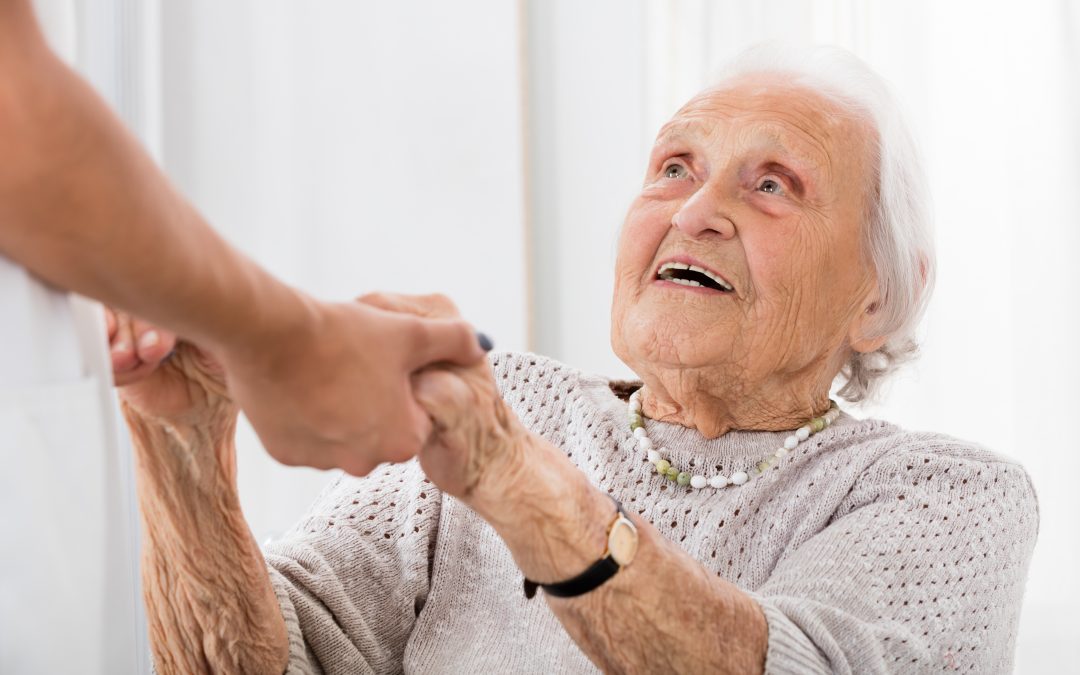Paying for care – third party top-ups
This article is the third of a series of articles looking at what you need to think about if you or someone close to you is likely to need residential or nursing care in the relatively near future.
If you or a member of your family has been asked to pay a third-party top-up (also known as an additional payment) in connection with a family member or friend’s care fees, then this article is for you. It is part of a series of articles that we have written on going into care – a highly complex area of law but one which very few people take legal advice on.
When do they apply?
Where someone chooses a home that is more expensive than the amount in their personal budget, it is possible for the additional cost (the top-up payment) to be met by a third party or, in certain circumstances, the person going into the home.
Whoever makes the top-up payments should be willing and able to do so and the local authority should ensure that they understand that they will need to do so for the full duration of the person’s time in the home and that, should the payments not be made, the person may be moved to an alternative home.
The top-up agreement.
This is entered into between the person paying the top-up and the local authority, not directly with the care provider.
The agreement should include at least the following:
- The additional amount to be paid;
- The amount specified in the person’s personal budget;
- The frequency of the payments;
- To whom the payments are to be made;
- Provisions for reviewing the agreement;
- A statement on the consequences of ceasing to make payments;
- A statement on the effect of any increases in charges that a provider may make;
- A statement on the effect of any changes in the financial circumstances of the person paying the top-up.
Before entering into the agreement, the local authority must provide the person paying the top-up with sufficient information and advice to ensure that they understand the terms and conditions.
Failure to pay top up
If there is a break down in the top-up arrangement, the local authority remains liable for the fees and must either recover the additional costs or make alternative arrangements for the person’s care. They would have to undertake a new assessment before considering this course of action, including any assessment of health needs and have regard to the person’s well-being, but it could result in the person being moved to a different home.
Price increases
There is no guarantee that any increased costs will automatically be shared evenly between the local authority and the person in care.
If the care costs rise more quickly than the amount the local authority would have increased the personal budget, and there is an alternative option that would be affordable within that budget, the person paying the top-up may have to pay a larger share of the increase, in order for the person in care to stay where they are.
Self ‘top-ups’
Generally, someone cannot pay their own top-up. They may do so only in the following circumstances:
- where they are subject to a 12-week property disregard; or
- where they have a deferred payment agreement in place with the local authority.
What about self-funders?
A person who can afford to pay for their own care, may ask the local authority to arrange this care on their behalf. This may be because they would like the local authority to enter into the contract with the home or broker the contract on their behalf. However, if they choose a home that is more expensive than their personal budget can afford, they cannot make the local authority liable for the total cost.
The local authority must, however, ensure that there clear arrangements in place as to how the costs will be met, including any top-up element.
A self-funder may lack mental capacity but have sufficient resources to meet the full cost of their care. The local authority may place the person in a more expensive care home but cannot assume that the person made the choice to live there. The local authority should commission the care at their contract rate, but any top-up would have to be agreed by the resident or someone legally authorised to act on their behalf, such as an attorney or deputy.
If you are presented with a top-up agreement, you should take legal advice before signing it. Our Private Client Team, headed by Chris Milne (contactable on 01630 652405 or chris@onionsanddavies.co.uk), a full member of the Society of Trust and Estate Practitioners, a full accredited member of Solicitors for the Elderly and a holder of their Older Client Care in Practice award, will be able to help you.

